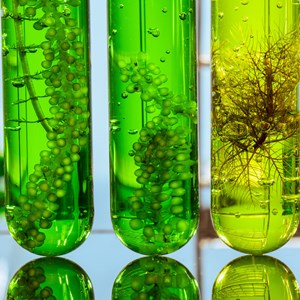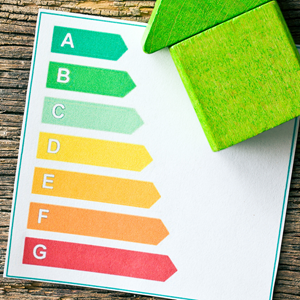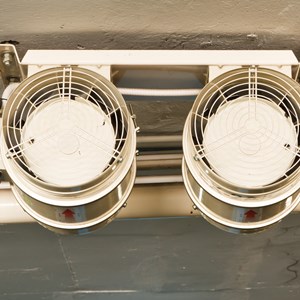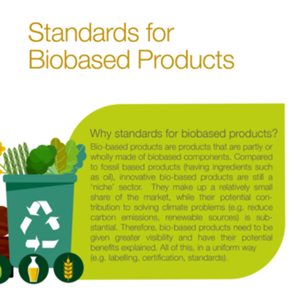NEWS

Lipids are a class of natural organic substances characterized by a very low water solubility, a high organic solvent solubility and a high carbon and hydrogen content. They can be used, for example, to produce biofuels. In Europe, there is growing interest in algae and algae-based products or intermediates as they are a valuable source of many nutrients, such as proteins, carbohydrates, lipids, and pigments. They can be used in a variety of sectors, including food, textiles, cosmetics, or biofuel.

The CEN and CENELEC Joint Technical Committee 14 ‘Energy management and energy efficiency in the framework of energy transition’ announces the publication of the new standard EN 17669:2022 ‘Energy Performance Contracts-Minimum requirements’ developed by their Working Group 4 ‘Energy financial aspects’.

At the core of the European Green Deal lies the ambition to make Europe the world's first climate-neutral continent by 2050. As the latest development in this sector, on 14 July the European Commission adopted a package of proposals to make the EU's policies fit for reducing net greenhouse gas emissions by at least 55% by 2030 and make Europe climate neutral by 2050. Energy efficiency is one of the pillars of the Green Deal, articulated trough the improvement of the energy performance of buildings and the increased use of renewable energies.

CEN/TC 411 'Biobased Products' has recently developed a set of standards for the biobased sector.

In May 2021, CEN/TC 282 'Installation and equipment for LNG', whose Secretariat is held by AFNOR, the French National Standardization Body, published a new edition of EN 1473:2021 'Installation and equipment for liquefied natural gas - Design of onshore installations'.

The CEN-CENELEC workshop on ‘Modular and cross-cutting Power Take-Off units for wave energy converters. Interface mechanical requirements and laboratory testing’ was kicked-off on 10 August 2020.